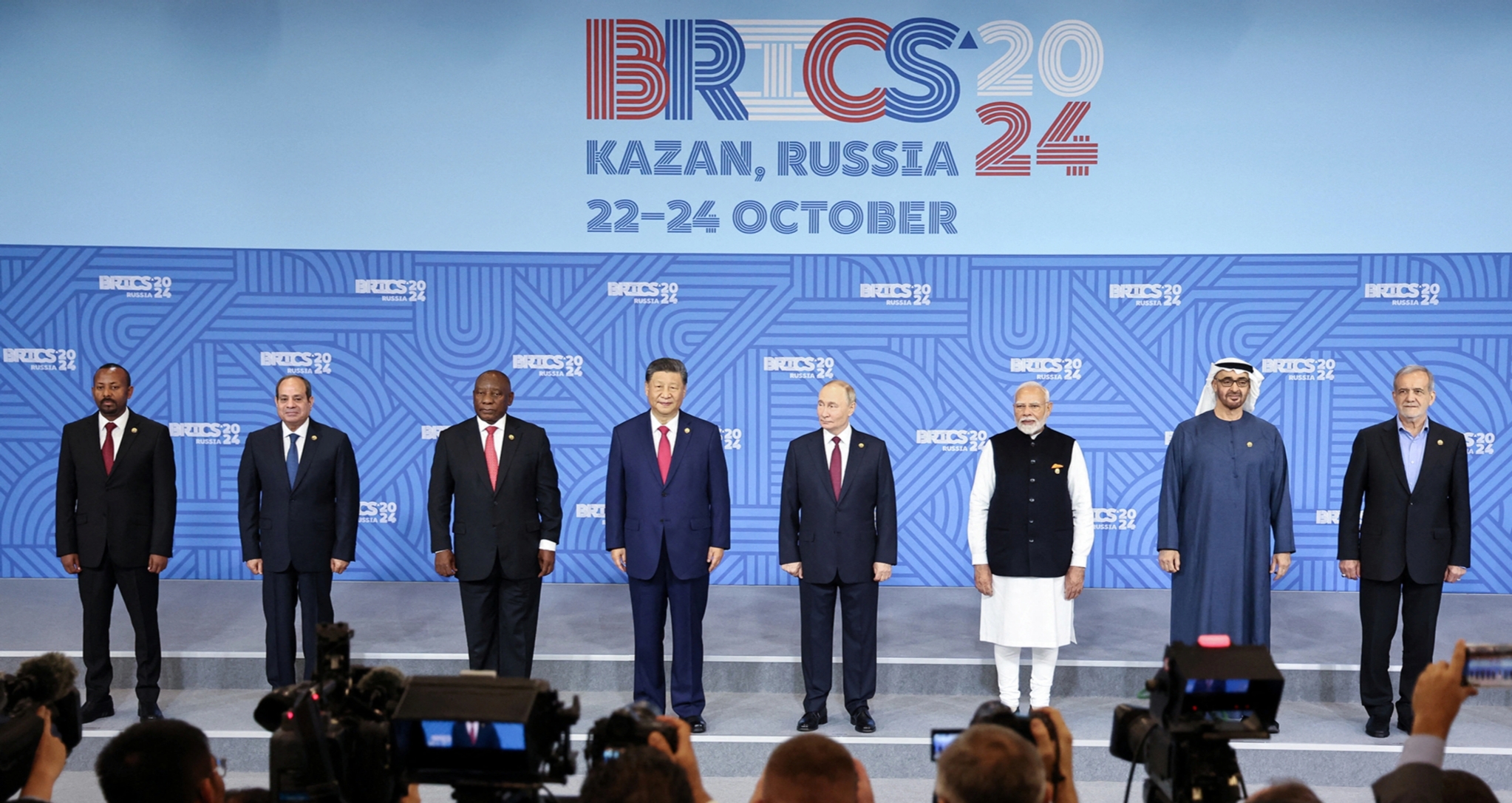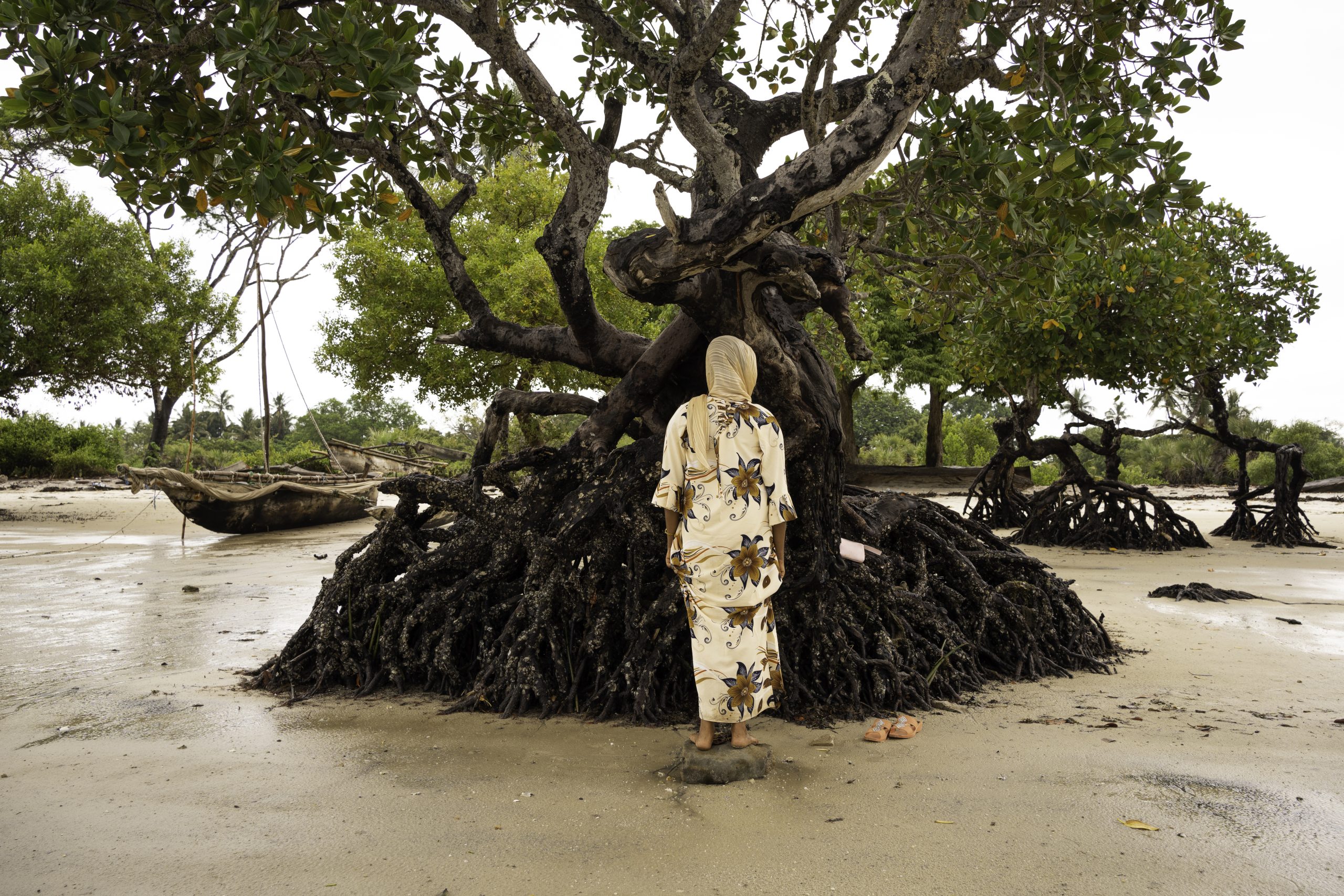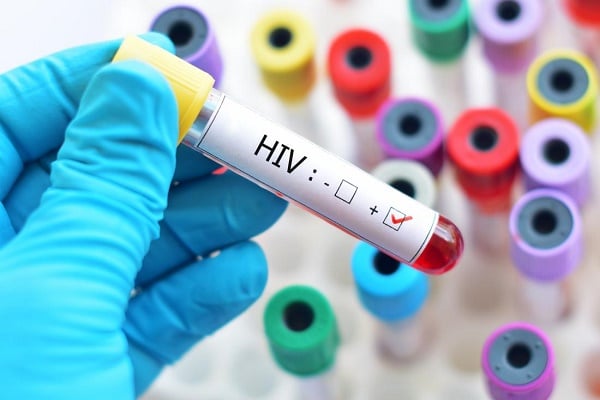KISUMU, Kenya, September 28th –If recent global events are anything to go by, then the United States and its allies, under the aegis of the North Atlantic Treaty Organisation (NATO) and to some extent the European Union (EU), must be wary wherever they are.
United States President Donald Trump has, in recent times, attempted to force NATO members and his EU allies against buying Russian gas and related products over its raging war with Ukraine to no avail.
According to Western Asia analysts, it is the EU members who have been financing the war in Ukraine by buying cheap Russian gas. According to the analysts, this is so because they have no other option.
What is emerging is that, while NATO states were busy investing in arms and military hardware at the behest of the US, Russia invested heavily in energy and related products for the last twenty or so years. This probably explains why Trump has expressed frustration over noncompliance by his staunch allies.
The EU and NATO members discovered very late that Russia had already taken this direction. Trump went on a war path against India over its links with Russia. Still, the Narendra Modi-led administration was categorical that it could trade with whoever it wants.
That kind of position leaves Trump backpedalling and, of course, in a very awkward position.
Putin, Xi, Kim Meeting
On 3rd September,2025, the triumvirate of Russian President Vladimir Putin, Chinese President Xi Jinping, and North Korean leader Kim Jong Un joined other world leaders in gracing a Victory Day military parade event held in Beijing’s Tiananmen Square to celebrate 80 years since the end of World War II.
To deepen ties with Pyongyang, local media reported that Xi, during his closed-door meeting with Kim at Beijing’s Great Hall of the People, emphasised China’s attachment to “great importance to the traditional friendship” with Pyongyang.
We will strive to work in safeguarding peace and stability on the Korean peninsula, improve strategic communications, and “maintain, consolidate and develop” bilateral ties. No matter how the international situation changes, this position will not change,” Xi said.
While shrugging off the trio’s camaraderie to posing a threat to the US on the global scene, President Trump quickly responded by accusing Xi of conspiring against the US with Putin and Kim.
“Please give my warmest regards to Vladimir Putin and Kim Jong Un as you conspire against the United States of America,” he wrote on the Truth Social post.
BRICS Formation
The most recent and nascent developments include the formation of a grouping of emerging powers through a geopolitical and economic alliance of eleven countries: originally comprising Brazil, Russia, India, China, and South Africa (BRICS).
In its 16th summit held in Kazan, Russia, in October 2024, it expanded to include Egypt, Ethiopia, Iran, and oil-rich Saudi Arabia, and the United Arab Emirates(UAE). It seeks to advance the BRICS Pay initiative, a direct challenge to the SWIFT international payments network, which is the global standard for bank transactions dealing largely in US dollars.
“The decentralised scheme would allow the BRICS countries to trade with each other without converting to US dollars by utilising blockchain technology and tokens, effectively circumventing the SWIFT network.”
The Kremlin has shown its resolve to create an alternative financial system following the invasion of Ukraine.
Notably, the BRICS was formed in response to the global muscle of the Group of Seven (G7) countries: the US, Great Britain, Germany, Canada, France, Italy, and Japan.
It has always gravitated towards upholding shared values of pluralism, liberal democracy, and representative government. As major members of the IMF, the G7 members continue to provide solutions to issues such as climate change, economics, trade, and security.

The G7 now represent around 45 percent of the world’s population and 35 percent of the global Gross Domestic Product (GDP), based on purchasing power parity. The G7, meanwhile, only accounts for 10 percent of the global population and 30 percent of the GDP.
What should worry the US even more, is the composition of BRICS members in the current world order, which is now being seen as a challenge to the axis long controlled by the superpower.
Some of its members are known allies of the US who are now leaning towards Russia and China, with the latter first becoming a force to reckon with in the world of innovation and military hardware moving forward.
The subsequent 17th BRICS Summit in Rio de Janeiro reinforced the bloc’s commitment to strengthening multilateralism and Global South Cooperation for ‘a more inclusive and sustainable global governance,’ with leaders of the 11 largest emerging economies signing a Joint Declaration titled “Strengthening Global South Cooperation for More Inclusive and Sustainable Governance.”
They committed to strengthening multilateralism, defending international law, and striving for a more equitable global order.
New cooperation mechanisms were created or reinforced to achieve goals such as eradicating hunger, tackling climate change, and developing emerging technologies. The summit adopted 126 commitments covering global governance, finance, health, artificial intelligence, climate change, peace and security, and cultural and people-to-people cooperation.
The BRICS members renewed their commitment to serve as a collective voice against global conflicts and wars. The bloc unanimously condemned Israeli and U.S. military strikes inside Iran, as well as Israel’s continued war and aggression against Palestinians in Gaza, and its repeated violations of the ceasefire agreements with Lebanon. The BRICS also expressed support for peace efforts in Syria, Sudan, and other parts of the world.
“We are committed to actively supporting efforts to strengthen the global health architecture by promoting equality, inclusion, transparency, and responsiveness. This ensures that no country is left behind in achieving the health-related Sustainable Development Goals,” the BRICS’ joint understanding said.
Trump has been attempting to ward off such economic and trade onslaught via tariffs, but to no avail. In fact, Trump has been forced to roll back some tariffs imposed on China and several other nations at the negotiating table. What is intriguing is that the courts in the United States have ruled that some of the tariffs are illegal.
The US still remains an economic superpower, but events around it are worth watching keenly.
Earlier in the month this year, the 25th meeting of the Shanghai Cooperation Organisation (SCO) Council of Heads of State was held at the Meijiang International Convention and Exhibition Centre on September 1, 2025, under the chairmanship of the Chinese President Xi Jinping.
It was attended by President of the Republic of Belarus Alexander Lukashenko, Prime Minister of the Republic of India Narendra Modi, President of the Islamic Republic of Iran Masoud Peseshkian, President of the Republic of Kazakhstan Kassym-Jomart Tokayev, and President of the Kyrgyz Republic Sadyr Japarov.
Others were Prime Minister of the Islamic Republic of Pakistan Shahbaz Sharif, President of the Russian Federation Vladimir Putin, President of the Republic of Tajikistan Emomali Rahmon, President of the Republic of Uzbekistan Shavkat Mirziyoyev, SCO Secretary General Nurlan Yermekbayev, and Director of the Executive Committee of the SCO Regional Anti-Terrorism Structure Ularbek Sharsheev.
Shanghai Cooperation Organisation
The annual Shanghai Cooperation Organisation summit has wound down in Tianjin with signals of a closer relationship among its members at a time when the world has been roiled by U.S. trade policies and tariffs.
The two-day event, attended by more than 20 leaders of non-Western countries, was seen as showcasing Beijing’s ambition for a new global security and economic order that poses a challenge to the U.S.
In a thinly-veiled swipe at U.S. President Donald Trump’s global tariff campaign, Chinese President Xi Jinping told his counterparts in his opening speech Monday that the “shadows of Cold War mentality and bullying have not dissipated, with new challenges mounting.”
The world has entered “a new phase of turbulence” with global governance at a “new crossroads,” Xi said, calling for joint efforts to build a “more just and balanced international governance framework.”
To what extent Beijing’s push to reshape the global order will materialise remains to be seen. Meanwhile, here are the key takeaways from the SCO summit:
Indian Prime Minister Narendra Modi and Chinese President Xi Jinping held their first meeting on Chinese soil in seven years, sharing a vision of being partners, not rivals.
The leaders of the world’s two most populous nations — representing some 2.8 billion people — pledged to step up cooperation and work toward resolving their long-running border dispute. The rapprochement comes as both countries face pressure from steep U.S. tariffs.
“Modi and Xi used all the diplomatic words available to signal a newfound commitment … partially motivated by high Trump tariffs on both,” said Wendy Cutler, Senior Vice President at Asia Society Policy Institute.
Still, India remains wary of a flood of cheap Chinese imports threatening its domestic industries, and border disputes are far
Some member states agreed to set up an SCO Development Bank, which would be a significant step in the bloc’s long-standing goal of establishing an alternative payment system that reduces reliance on the US dollar.
China is the largest shareholder of the Asian Infrastructure Investment Bank, which was launched in 2014 to fund projects in developing nations as a direct challenge to the World Bank and Asian Development Bank.
While the proposed development bank may fall short of the AIIB’s scale, it reflects Xi’s ambition to position himself as the ‘architect’ of a China-led global governance framework, said Steven Okun, chief executive officer of consultancy APAC Advisors.
Beijing also pledged 2 billion yuan ($280 million) in free aid for member states this year and another 10 billion yuan ($1.4 billion) in loans to the organisation’s members over the next three years.
Fredrick Odiero is an experienced journalist who has written extensively for various media platforms. Additional reporting by Rolex Omondi



